Merida Scultura 9000 review: a slept-on road bike with racing pedigree
The Scultura is light, stiff, and reasonably priced
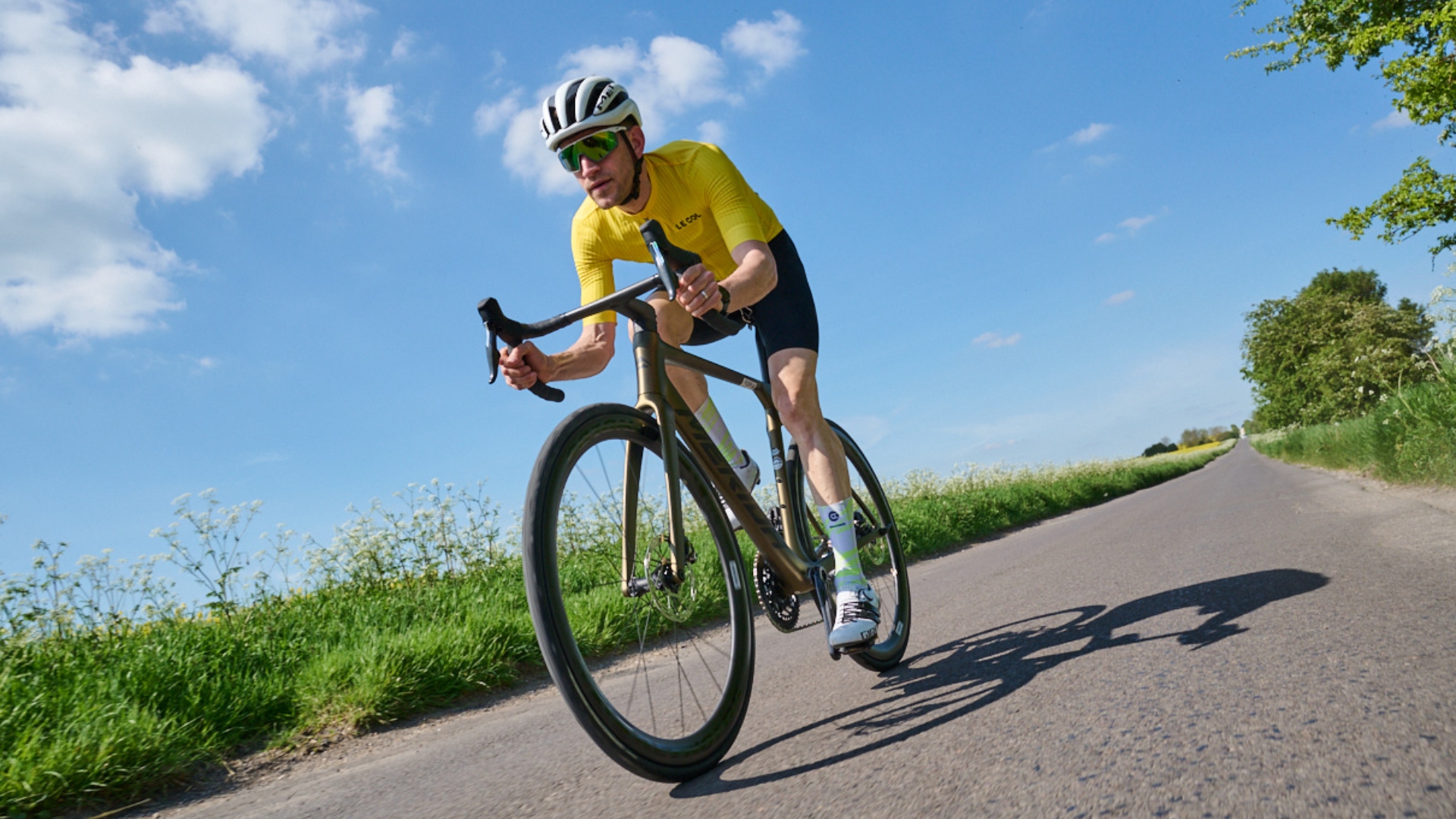
The Merida Scultura 9000 has impressed us from start to finish. No, it hasn't been updated in the last twelve months, and no, it doesn't boast any mindblowing aerodynamic claims. What it does do, however, is get the basics right. It's instantly responsive, and features impressive value across the range, all in a rather simple package with a traditional aesthetic.
-
+
Incredibly stiff frameset
-
+
Solid value across the range
-
+
All the bike nearly everyone needs
- +
-
-
Fairly rigid ride quality
-
-
Competition is slightly lighter
You can trust Cycling Weekly.
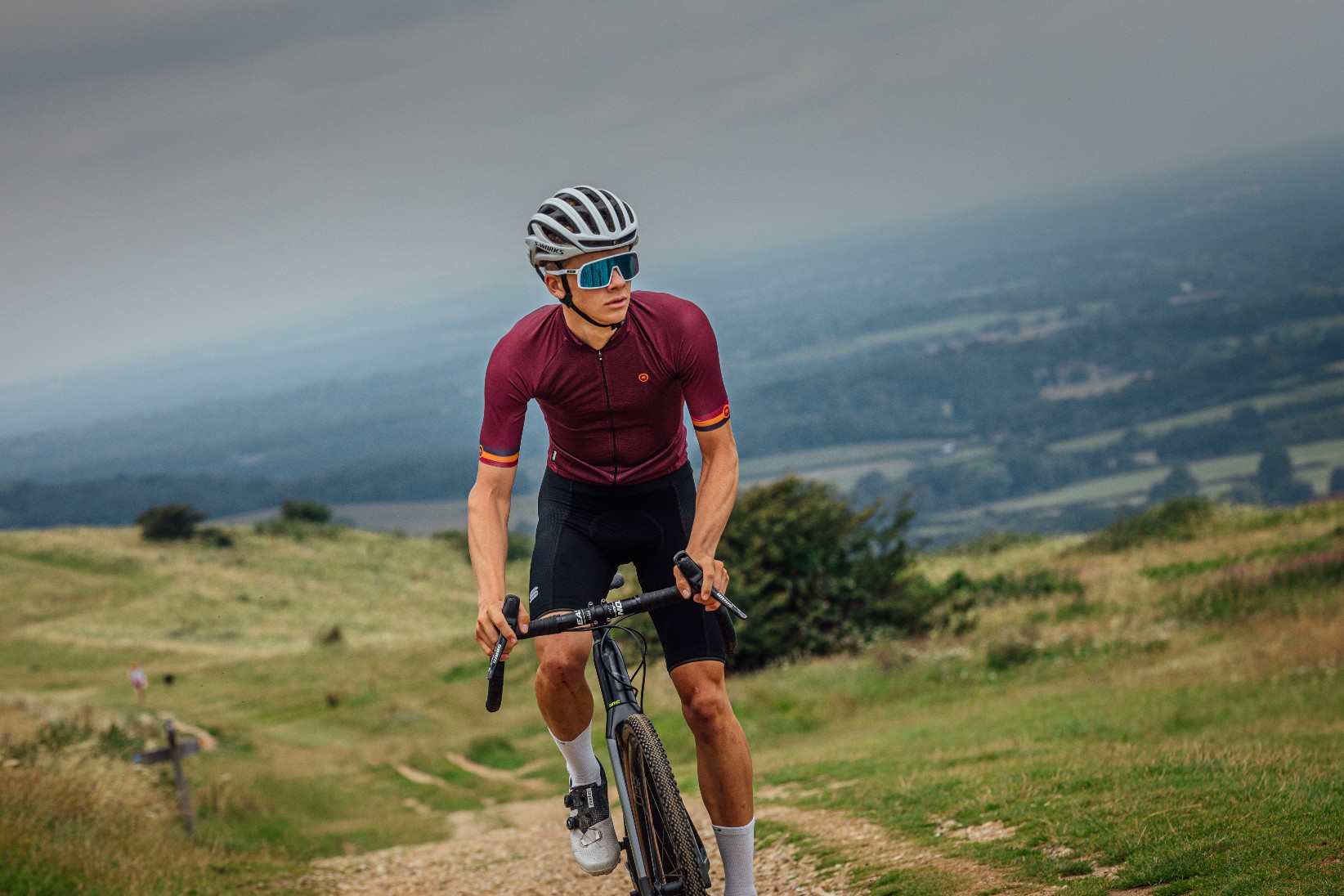
It's been over two years since Merida released the latest Scultura race bike, but as our Race Bike of the Year testing showed, it's still one of the best road bikes on the market today.
Merida has provided a platform that might not stand out as well as the competition on the spec sheet, with less aero detailing and a slightly higher weight, but this is more than made up for in ride feel. On the road, the Scultura feels fast and responsive, all for a relatively reasonable cost.
Construction
Not long ago, we tested out the Merida Scultura 6000, a slightly more budget-friendly version of the bike you see here today. First then, it seems sensible to go over the Scultura 9000, and pick out the key differences between it, and its less expensive sibling.
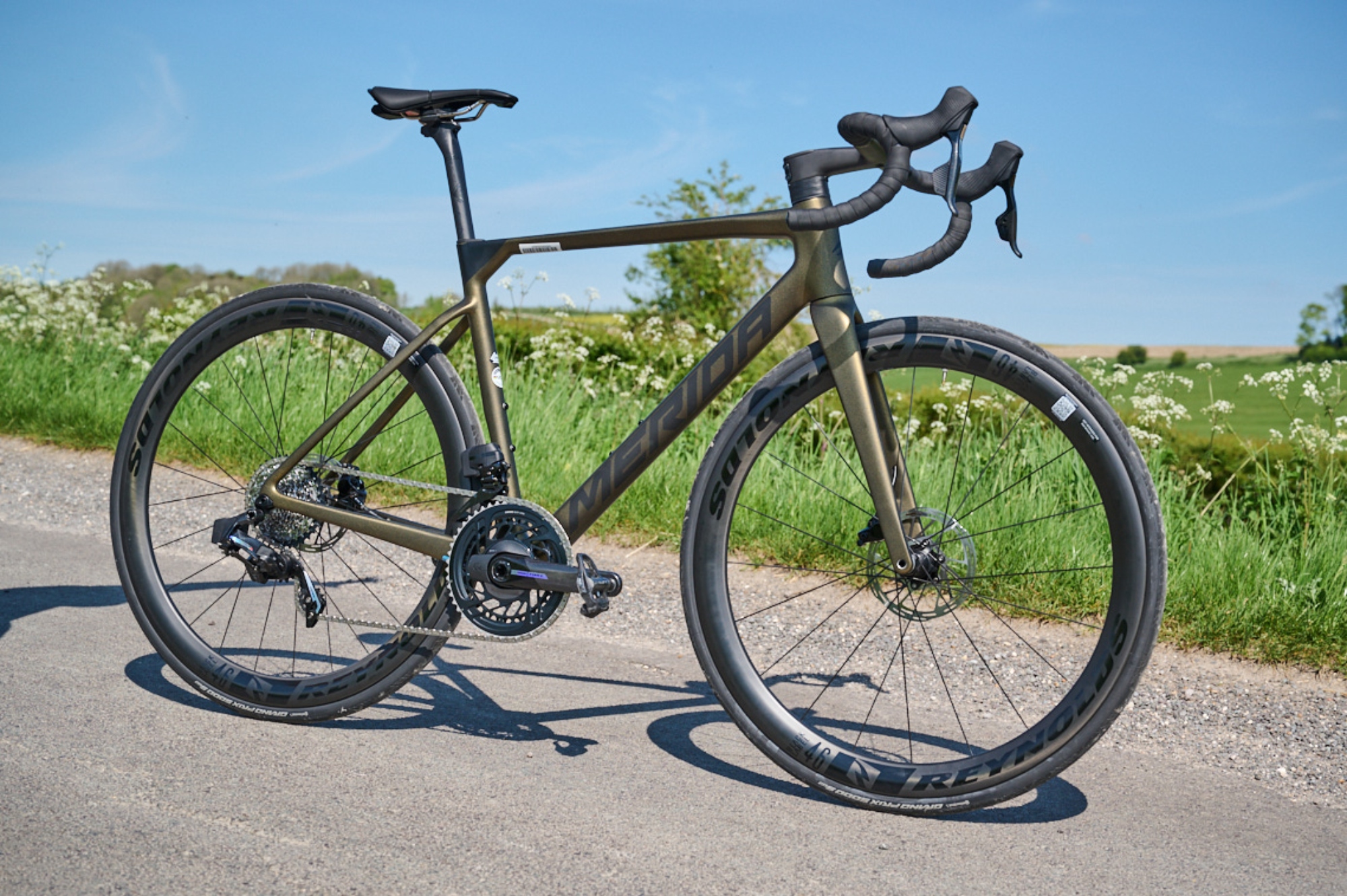
The Scultura 9000 boasts a frame and fork made entirely from Merida’s range topping CF5 carbon layup. The grading system, which runs from 2 to 5, refers to the split of how much high modulus carbon fiber is used in the frameset. High modulus carbon fiber has a higher stiffness to weight ratio, but comes at a higher cost too.
In constructing this bike, Merida has taken a unique approach by avoiding the current trend of aerodynamic profiling. Instead of using aero-profiled tubes, the Scultura features rounded tubes, which help to reduce weight and improve compliance. Additionally, for a clean and efficient look, all cables and wires are neatly integrated within the frame.
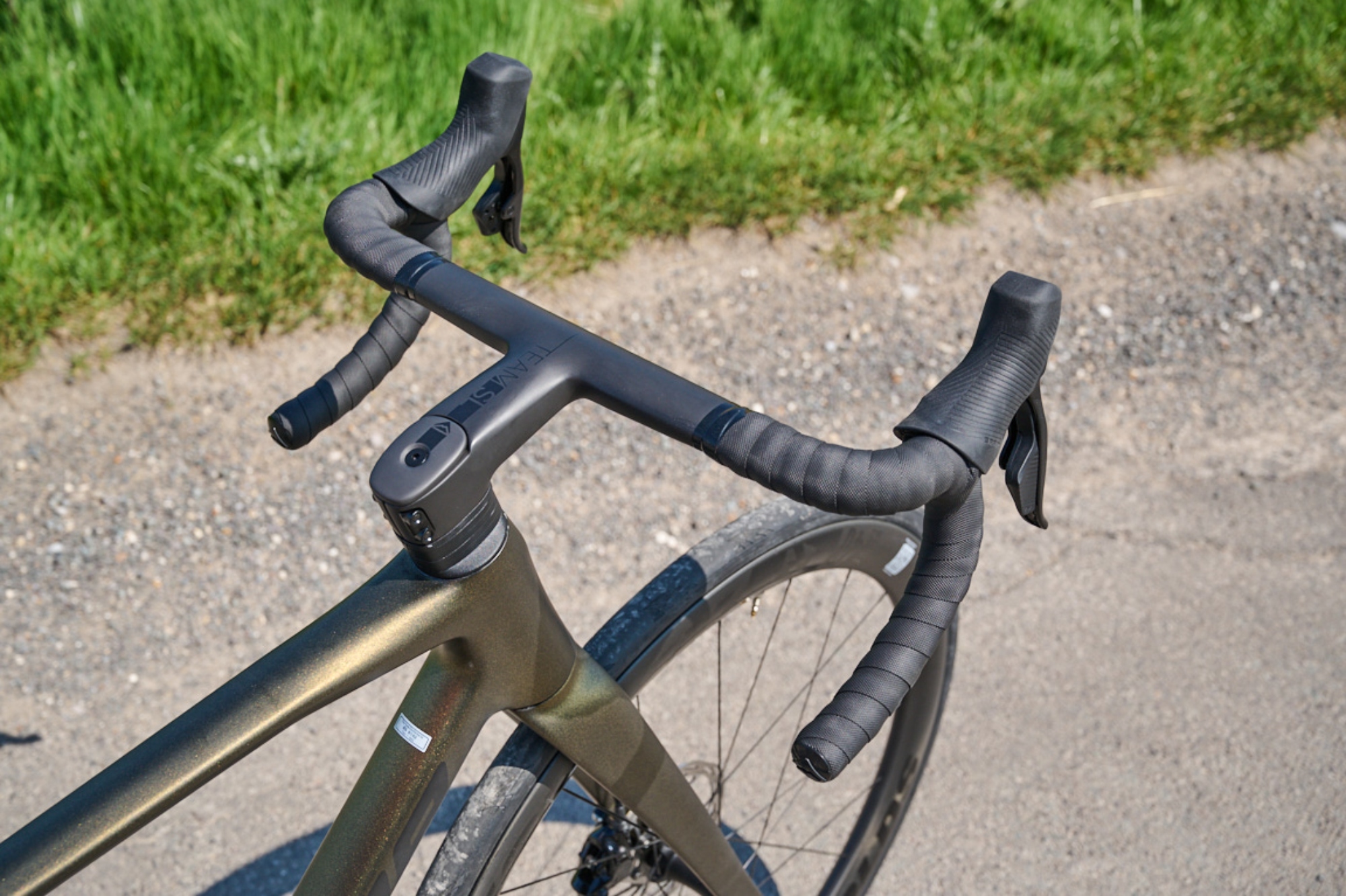
Included with the Scultura 9000 is the brand's integrated carbon cockpit, the Team SL 1P. This cockpit certainly fits within the realms of a climbing rig, boasting a low claimed weight of 280g for a size 400x110mm setup. This significantly undercuts offerings from the likes of Pinarello, though it's worth bearing in mind that aerodynamic efficiency isn't quite as impressive.
When it comes to the rest of the spec, my review build featured Sram's Force AXS groupset, which is, well, just fine. At heart, I may be a Shimano lover, but really, any electronic groupset from either main market player performs relatively faultlessly in my opinion - and this is no exception.
Once again, the review bike came specced with a Quarq power meter - which is increasingly common these days - meaning you can get to grips with measuring your efforts from the get-go.
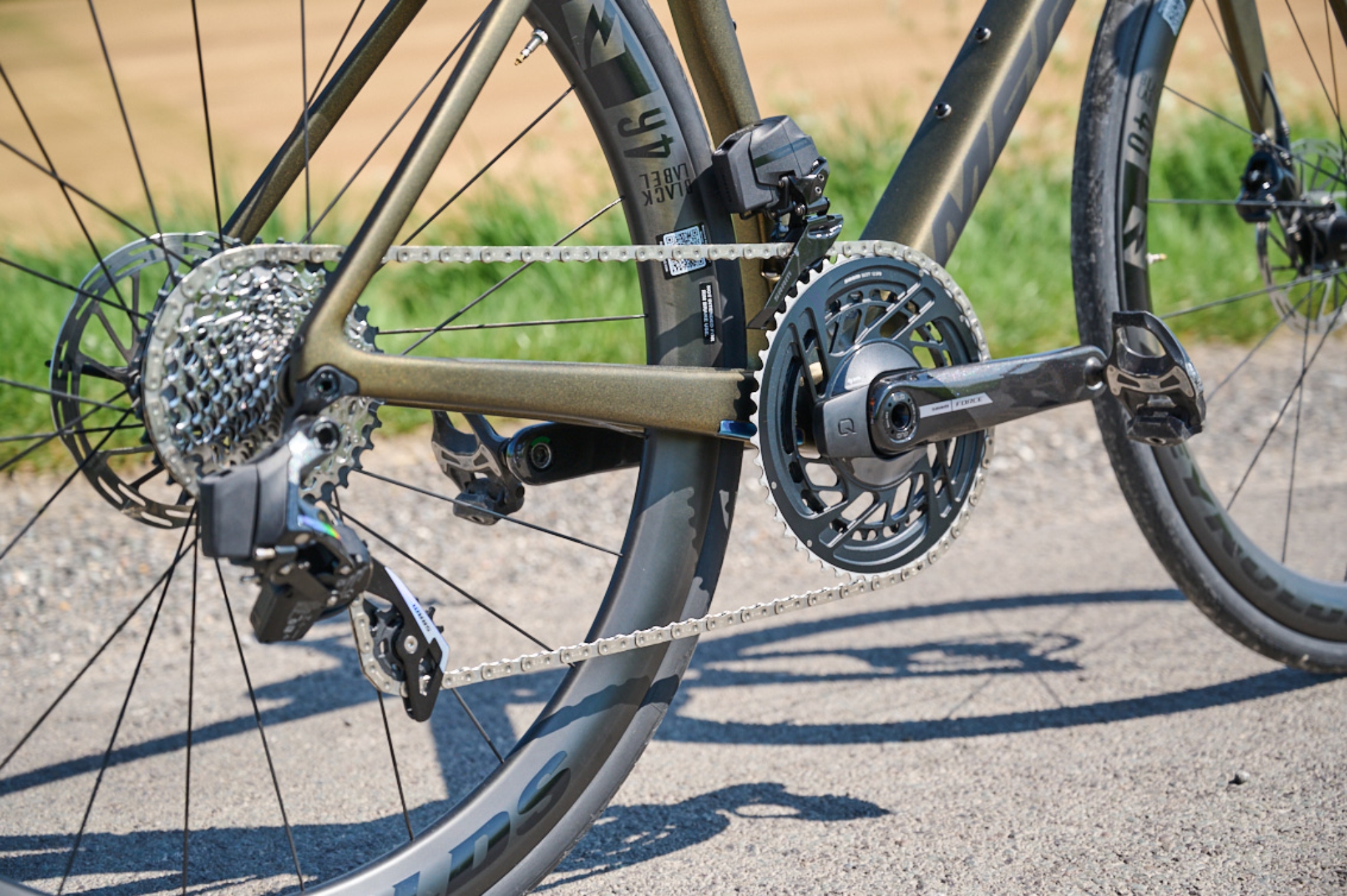
The Merida Scultura 9000 rolls on a set of Reynolds Aero 46 DB wheels, and I think these make a brilliant pairing for the frameset. While you might think that a climbing bike might be better suited to a slightly lighter wheelset - and yes, this would bring the 7.57kg weight down somewhat - I think the combination of a responsive frameset and a more aero set of wheels makes for a good all-round build.
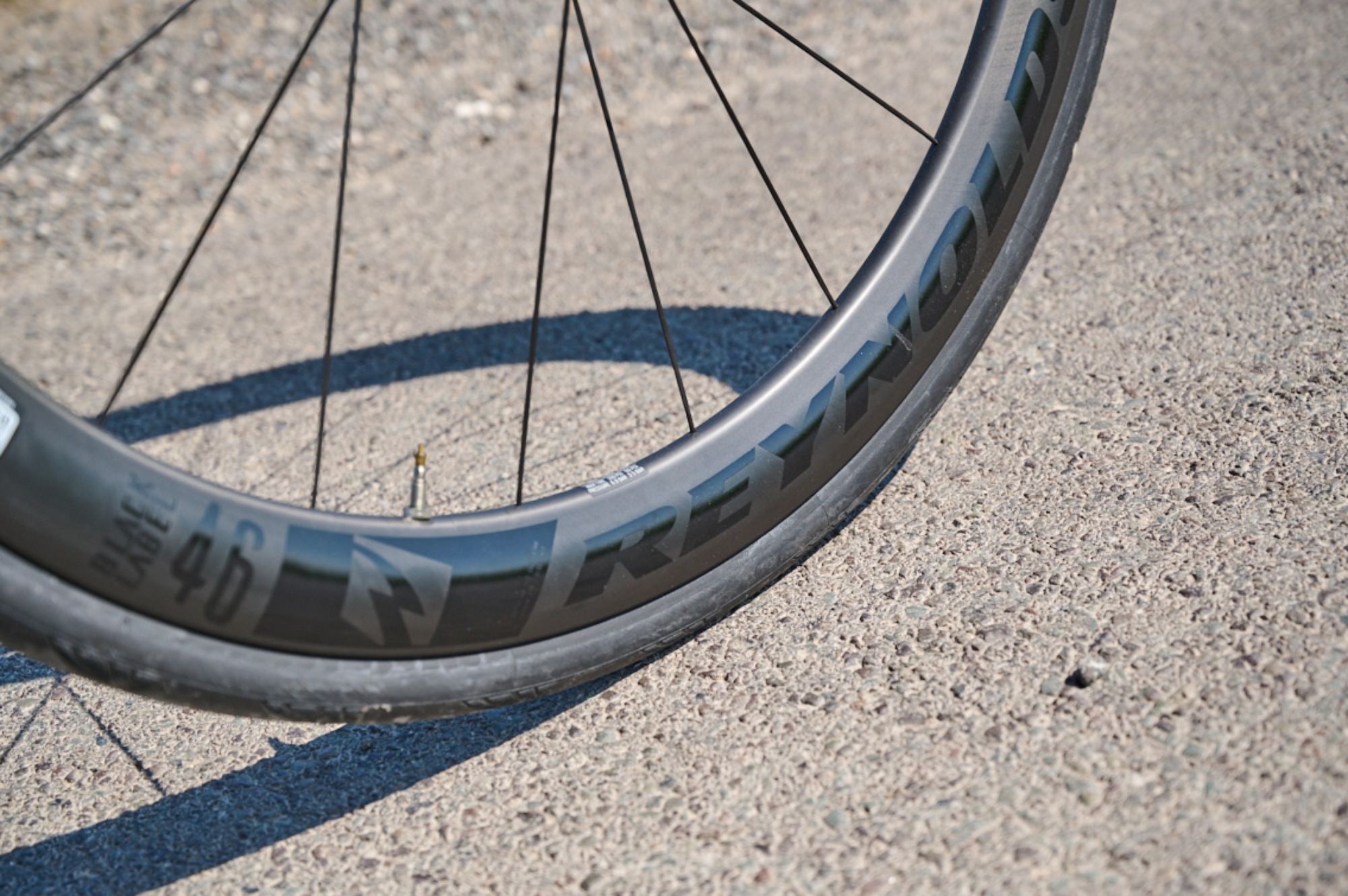
Lastly, a word on geometry. The Scultura, though not the brand's most aero offering, does share the same geometry as the deeper-profiled Reacto. This means an aggressive geometry that is designed for racing - so if you are someone who is looking for a more leisurely bike to ride, this might not be the bike for you.
The size large bike I had on test measured up with a 571mm stack, and 400mm reach. To put this in perspective, this is a little longer but also slightly higher than similarly sized Specialized Tarmac SL8.
The ride
When I tested the Scultura, it was as I mentioned, part of our mammoth Race Bike of the Year group test, meaning the bike was up against some stiff competition. Though perhaps not the most exciting bike on test when it comes to marketing hype, the Merida truly exceeded my expectation.
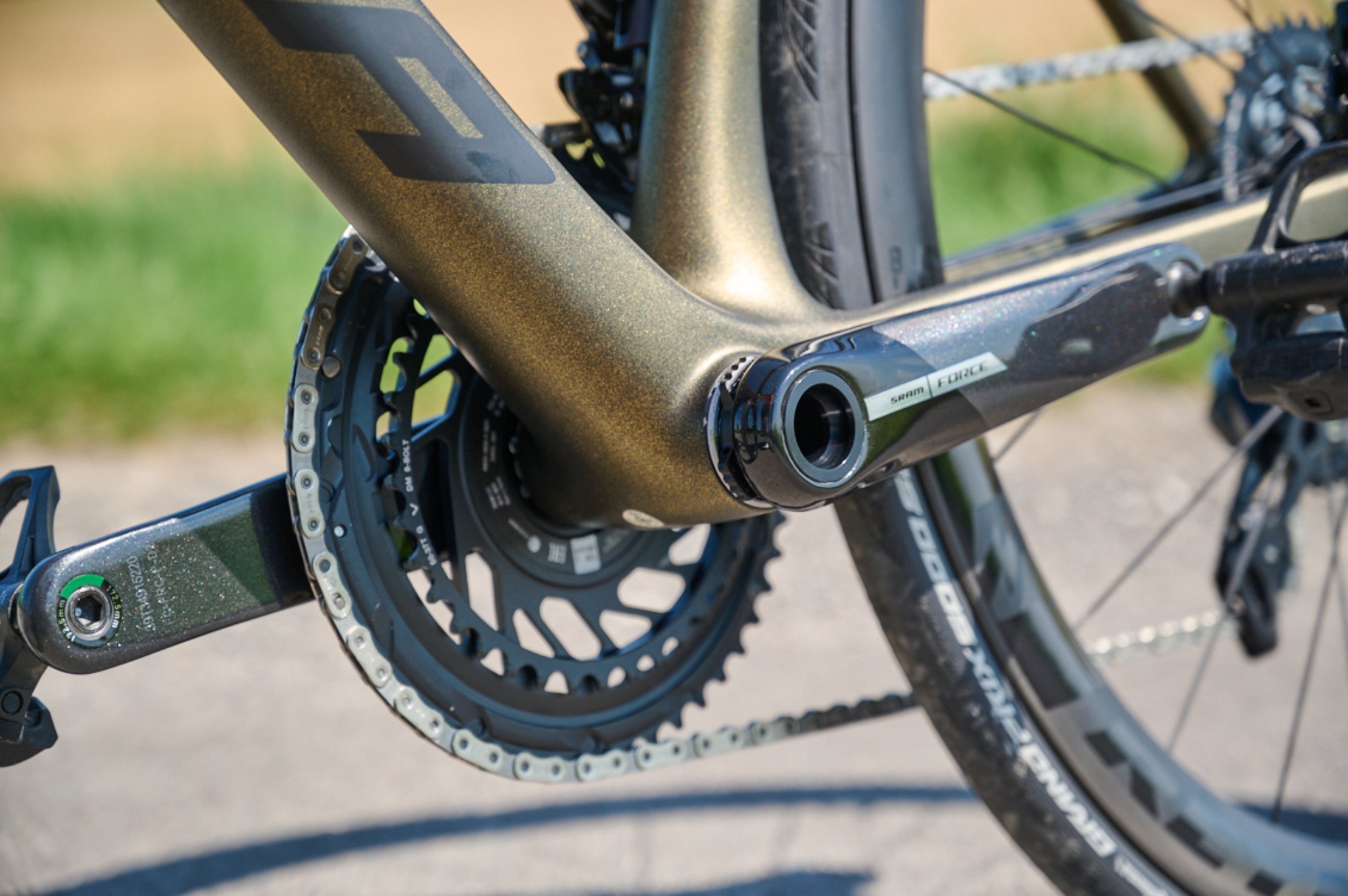
The ride quality on the Merida Scultura 9000 is exactly what I want and expect from a true racing bike. The bike is super stiff throughout, with a rock-solid bottom bracket and a very planted head tube, which makes for truly confidence-inspiring descending. This rigidity extends to the rear triangle, contributing to the bike's fast and responsive handling. The Scultura 9000 excels when it comes to sharp, precise cornering, much like its aero sibling, the Reacto.
If I have one criticism of the ride, its that this stiffness does incur a slight penalty when it comes to long distance comfort. The Merida is far from an armchair ride, and on some of the rougher surfaces my Oxfordshire home roads have to offer, I did notice some road buzz being transmitted through the handlebars. Though not enough to cause any particular annoyance or hand fatigue, and certainly curable with some wider tyres, it's still worth noting.
The flipside of this though, as I mentioned, is a great feeling of response from the bike. When I pushed the bike on faster rides, particularly my local chaingang, I was able to totally dial in with the Scultura, something I have struggled to do with bikes that feel less direct.
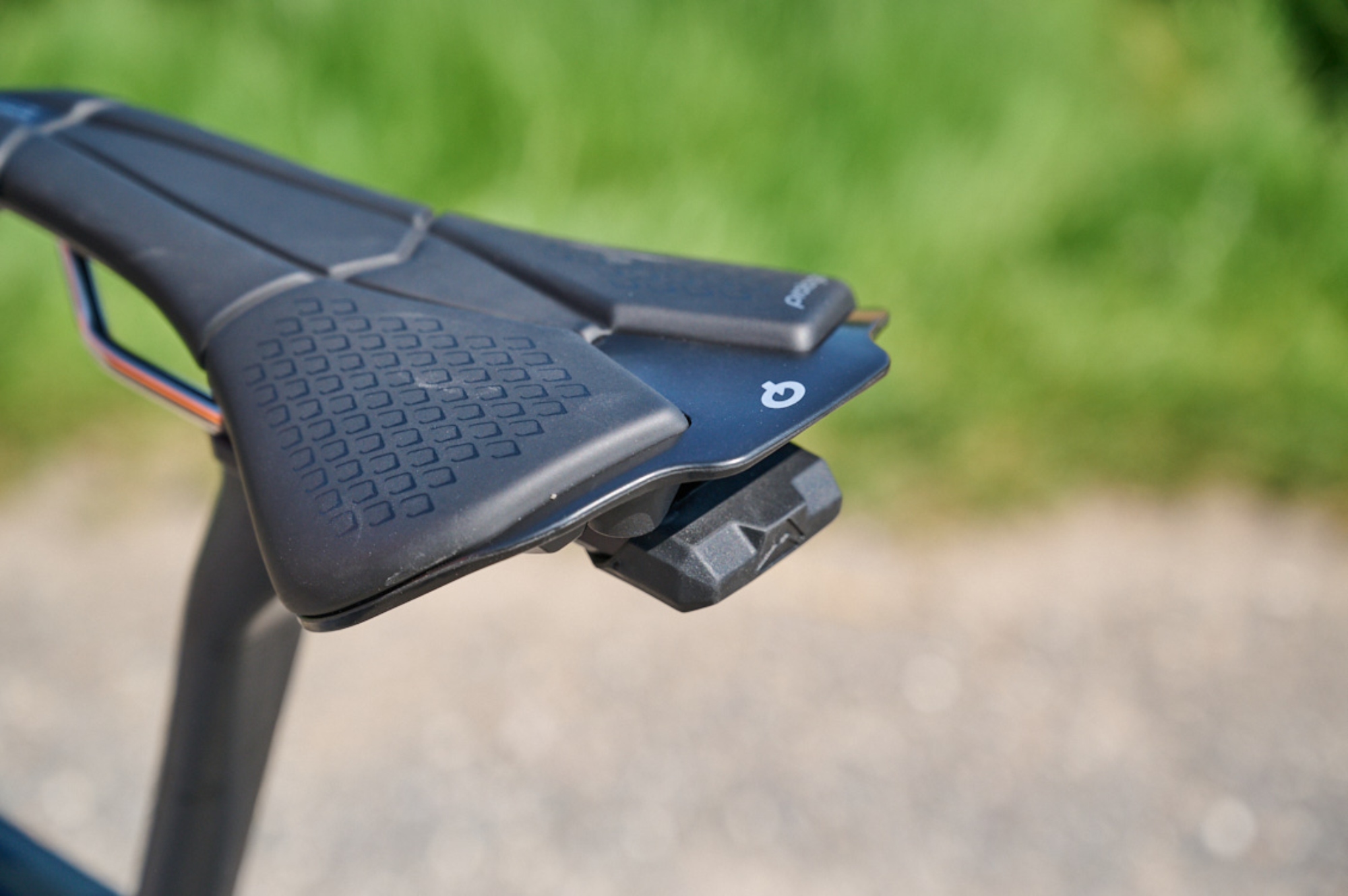
And that brings me onto the bikes performance at higher speeds. No, it doesn't have a cam tail down tube, neither does it have a cutaway around the rear wheel, but the bike is far from a slouch at higher speeds. With the 46mm Reynolds wheels bolted on, I was able to notice a small difference in top end speed between the Scultura and its more aerodynamic rivals, but I think the geometry and stiffness make this trade off minute.
Value and conclusion
Overall, the Merida Scultura 9000 and range as a whole have truly impressed the Cycling Weekly team. Having reviewed the lesser 6000 model recently, both myself and regular contributor Rachel Sokal are in agreement that Merida has produced a brilliant road bike.
Take a glance across the range, and it's the price tags that continue to impress. My test bike will set you back £6,750, which easily undercuts rival bikes from the likes of Specialized and Giant.
What's more impressive though, is that you can pick up a fully specced Dura-Ace Di2 team edition bike for £8,000, which significantly undercuts even value kings like Van Rysel.
Specs
| Row 0 - Cell 0 | Merida Scultura 8000 |
| Frameset | Scultura CF5 V |
| Weight | 7.55kg |
| Price | £6,750 |
| Groupset | SRAM Force AXS |
| Wheels | Reynolds BL 46 Pro DB |
| Tires | Continental GP 5000s 28mm |
| Handlebars | Merida Team SL 1P Cockpit |
| Row 8 - Cell 0 | Row 8 - Cell 1 |
| Row 9 - Cell 0 | Row 9 - Cell 1 |

Thank you for reading 20 articles this month* Join now for unlimited access
Enjoy your first month for just £1 / $1 / €1
*Read 5 free articles per month without a subscription

Join now for unlimited access
Try first month for just £1 / $1 / €1
Get The Leadout Newsletter
The latest race content, interviews, features, reviews and expert buying guides, direct to your inbox!

Joe is Cycling Weekly's tech writer. He's always had a love for bikes, since first riding a two wheeled steed before the age of four. Years down the line, Joe began racing at 16, and enjoyed great experiences internationally, racing in Italy, Spain and Belgium to name a few locations. Always interested in tech, Joe even piloted his Frankenstein hill climb bike to a Junior National Title in 2018. After taking a step back from elite level racing in April 2022, Joe joined our team as a freelancer, before becoming Tech Writer in May 2023.
-
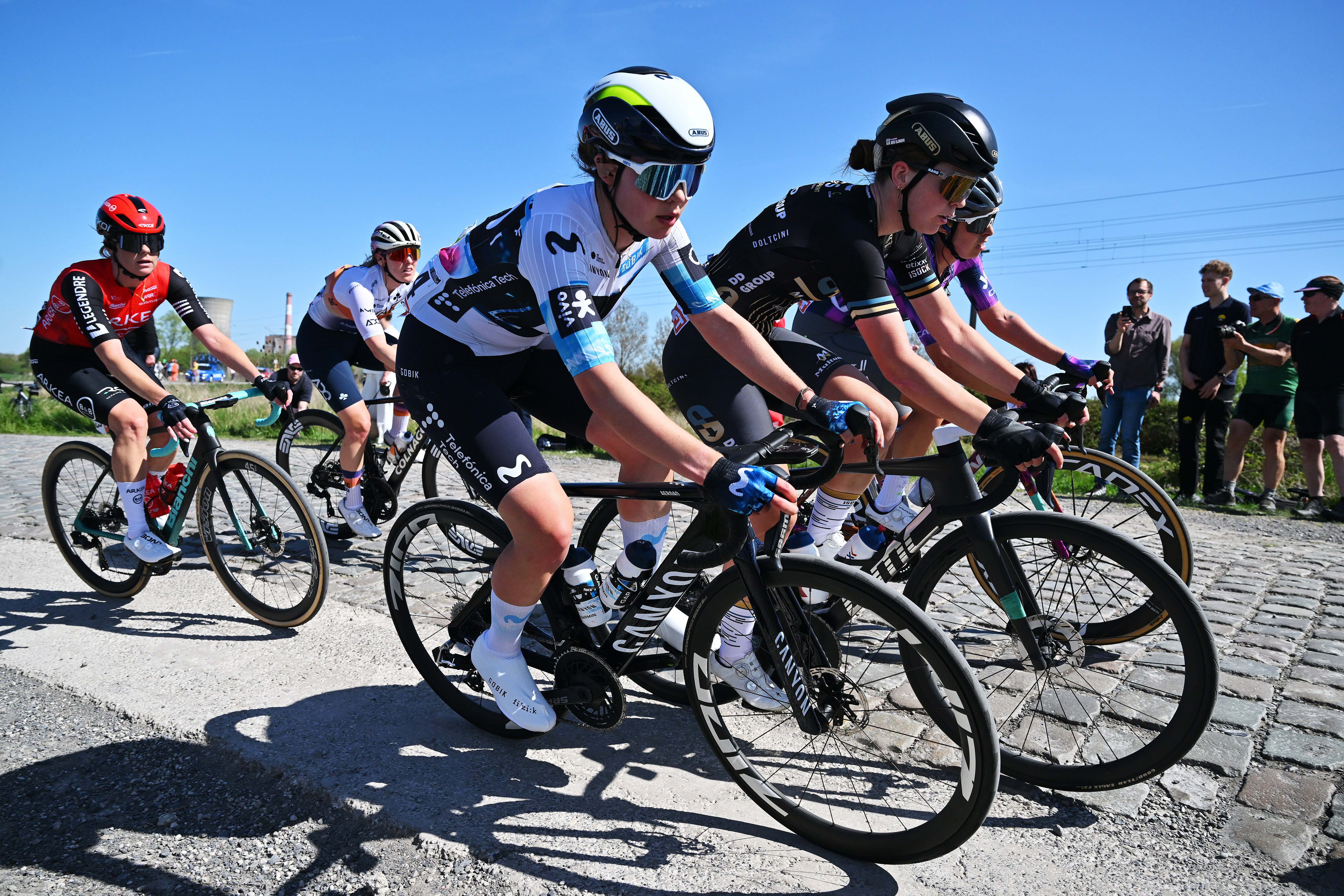 'I have an exam in a month and a half' - Carys Lloyd becomes Paris-Roubaix's youngest ever rider
'I have an exam in a month and a half' - Carys Lloyd becomes Paris-Roubaix's youngest ever riderBritish teenager and A-Level student makes it to the velodrome on debut
By Tom Davidson Published
-
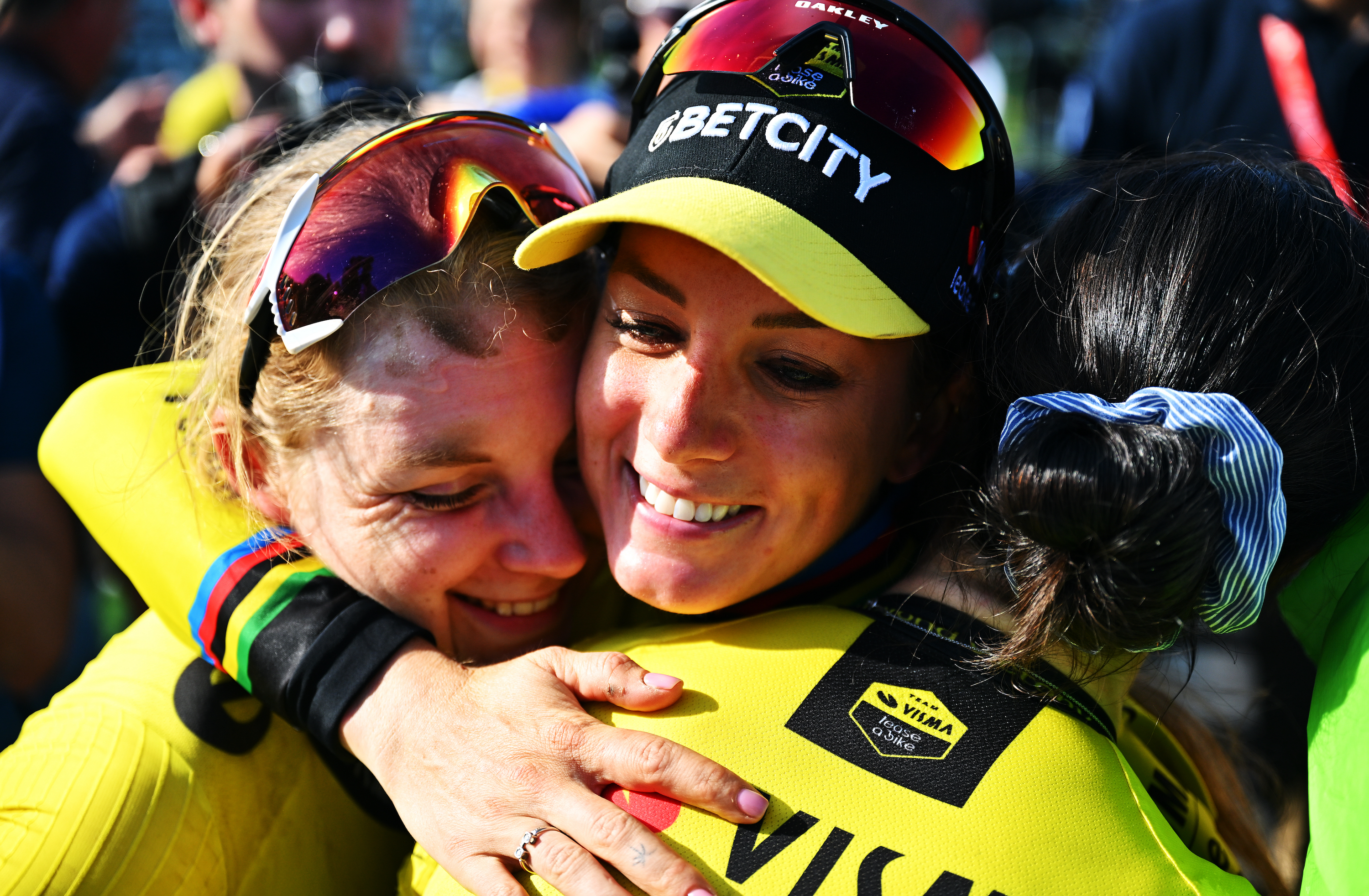 'I wasn't thinking about winning, I just wanted to make SD Worx work' - Pauline Ferrand-Prévot, the accidental Paris-Roubaix Femmes champion
'I wasn't thinking about winning, I just wanted to make SD Worx work' - Pauline Ferrand-Prévot, the accidental Paris-Roubaix Femmes championVisma-Lease a Bike's star Frenchwoman was never supposed to ride Roubaix, but her presence paid off for her and her Dutch team
By Adam Becket Published
-
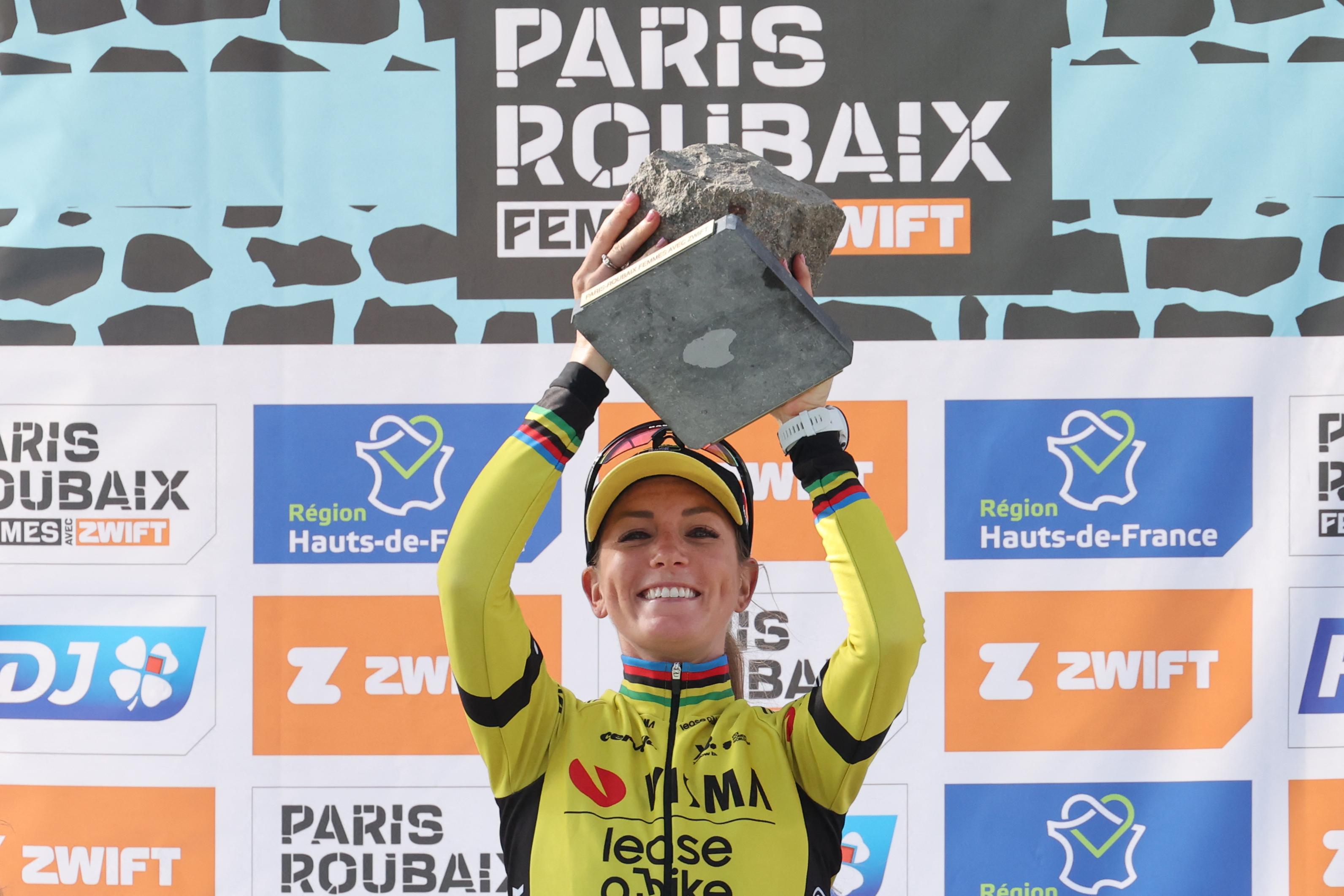 Pauline Ferrand-Prévot: ‘It wasn’t the plan to ride Roubaix but I felt good so I said why not?’
Pauline Ferrand-Prévot: ‘It wasn’t the plan to ride Roubaix but I felt good so I said why not?’Frenchwoman admits that her aim for her unexpected Roubaix debut was to support Visma-Lease a Bike teammate Marianne Vos
By Peter Cossins Published